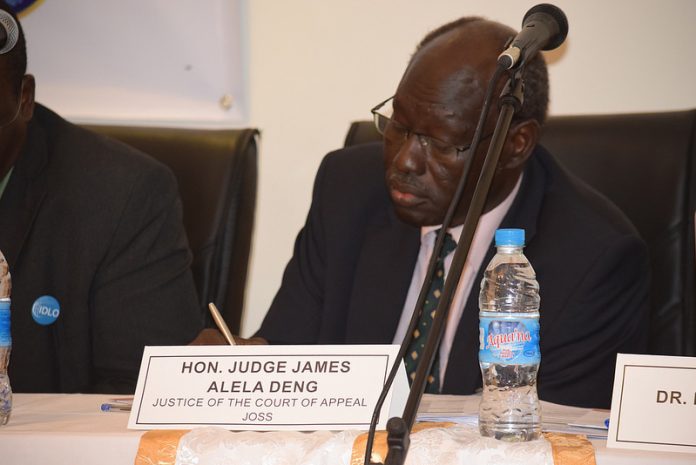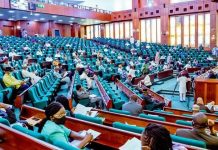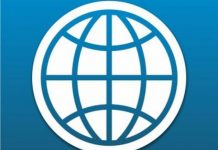The elimination of visa requirement among African countries and extension of the African Charter on Human and Peoples’ Rights (AfCHPR) jurisdiction to try criminals are critical issues that emerged at the African Judicial Dialogue whose sessions ended in the Tanzanian capital, Dar-es-Salaam, this week.
The delegates appreciated Tanzania for its hospitality, especially the non-restriction on foreign participants in the Judicial Dialogue to access the seat of the Court in Arusha City without necessary visa requirements.
South Sudan’s Justice Jame Deng called on other African countries to emulate Tanzania, which had allowed the justices to attend the dialogue without any restrictions. “I would like to thank the government of Tanzania for its efforts to enable the entering of the African judges to Arusha, freely,” the justice said while contributing to the ten-year African Human Rights Action and Implementation Plan, 2017-2026 on the right of free movement.
Dr. Deng told the participants in the dialogue that brought together Chief Justices and Presidents of the Supreme and Constitutional Courts from 55 member-states of the African Union (AU) that he came to Tanzania without any visa, but on reaching the Kilimanjaro International Airport he did not wait there even for a minute.
Other participants welcomed the proposal, with Dr. Ibrahim Khan, a consultant from Senegal, pointing out that, to some extent, some countries had made progress on the matter, in particular since 2016 when AU leaders met in Rwanda. He cited Kenya, which has decided that all Africans may have visa on arrival at the airport. But an appeal was made by some of the delegates, notably a judge from the Supreme Court of Sudan, Justices Nahim Mohammed, for countries to exercise such matter with great caution.
On the jurisdiction of the African Court, Dr. Khan said once the protocol is adopted by member states a criminal chamber will be set up to try offences not only linked to genocide and crimes against humanity, but also piracy and illegal exploitation of worth by foreign companies.
Answering questions from the participants who contributed to talks on the African Human Rights Action Plan, the consultant further unveiled other crimes that will be tried by the criminal chamber as offences against people who are corrupt and unconstitutional changes of leadership.
The Head and Officer in Charge of Registry of the Mechanism for International Criminal Tribunals, Dr. Sawel Akorimo, appealed to the AU to work closely with the UN Security Council in order to get experience on international criminal justice.


















